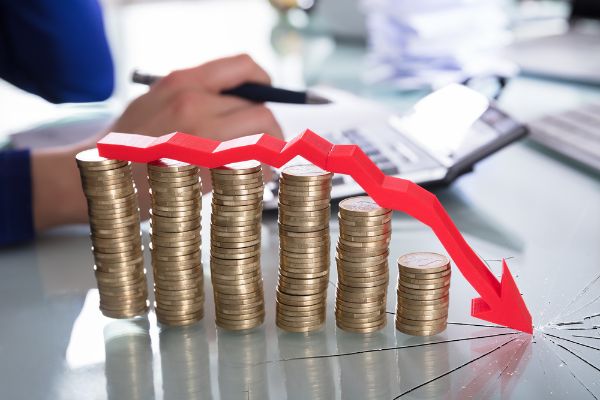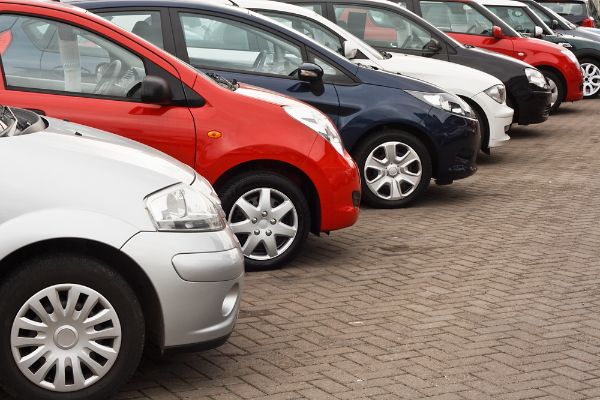President Biden admitted that the Inflation Reduction Act is incorrectly named “because it actually has much less to do with lowering inflation” than it does with promoting growth on this week’s episode of Bloomberg’s “Surveillance,” to which co-host Jonathan Ferro reacted by saying that Biden admitted that Republican allegations about the law were accurate and that “I am not certain if the President would like actual questions” regarding the economy.
Regarding the Inflation Reduction Act, President Biden said he wished he “hadn’t named it that since it has much less to do with lowering inflation than it has to do with solving the issue of providing for other options that produce economic growth.” Ferro cited these remarks.
“Republicans might’ve written this for him,” said Ferro. “Before this legislation was approved, wasn’t that the grievance on the opposing side of the aisle in Washington?”
“So, everybody was claiming it was named the Inflation Reduction Act in order to get it advanced, because how can you vote in opposition to the Inflation Reduction Act during a time when you’re dealing with the fastest pace of inflation going back approximately 40 years? Who is going to be fighting against bringing down inflation?” co-host Lisa Abramowicz retorted. “People are now speculating as to how much of the continuous increase is truly being driven by this. In any case, he’s speaking the quiet parts out loud, right? The problem is that he’s now attempting to emphasize how it is fostering some growth.”
Then Ferro interjected, saying, “He wants to own growth in the economy because inflation has been coming down.” Abramowicz concurred with that evaluation.
Tom Keene, the co-host, then said, “I believe the President might appear on ‘Wall Street Week’ with Larry Summers. The balance that exists between the rate of inflation and growth would be intriguing.”
“Tom, I am not sure if the President wants real questions right now,” Ferro retorted. “You are aware of the way that works.”










